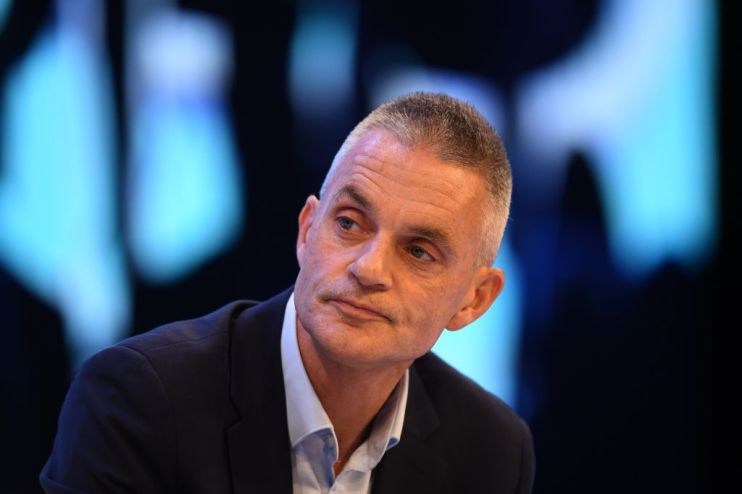New BBC boss promises ‘urgent reform’ amid pressure over funding

The new director general of the BBC has promised to keep reforming the public service broadcaster “with urgency” as he faces a fierce debate over its funding model.
Tim Davie, who took up the top job today, acknowledged that the corporation faced challenges, but insisted it remained relevant in the modern media landscape.
“Overall my guiding principle is that we are a universal public service – a BBC for all, that serves and represents every part of this country,” Davie wrote in a message to staff this morning.
“Our focus must be to ensure that we deliver outstanding and unique value to all audiences – those who pay for us and are in effect our customers – in return for their licence fee.
“To do this we will need to keep reforming the BBC with urgency so that we are trusted, relevant and indispensable in this digital age.”
Davie, who previously served as head of the BBC’s commercial division, will spend today at the organisation’s Glasgow offices.
His appointment comes at a critical time for the public service broadcaster, which is facing political pressure over its output and funding model.
The new boss will be forced to battle declining audiences – especially among younger viewers – amid the rise of deep-pocketed streaming rivals such as Netflix, Amazon and Disney.
The corporation is also facing accusations of bias in favour of a “metropolitan elite” and a drawn-out culture war row over issues such as the Proms.
The government has cut the free licence fee model for over-75s and proposed to decriminalise non-payment of the licence fee – moves that have cast doubts over the BBC’s funding model and its long-term future.
Davie’s main focus will be on an upcoming review of the licence fee, which will set the level of payment from 2022 until 2027, as well as counteracting a hefty financial hit from the coronavirus crisis.
The new director general is set to make a further announcement on Thursday about the BBC’s “priorities and direction for the future”.